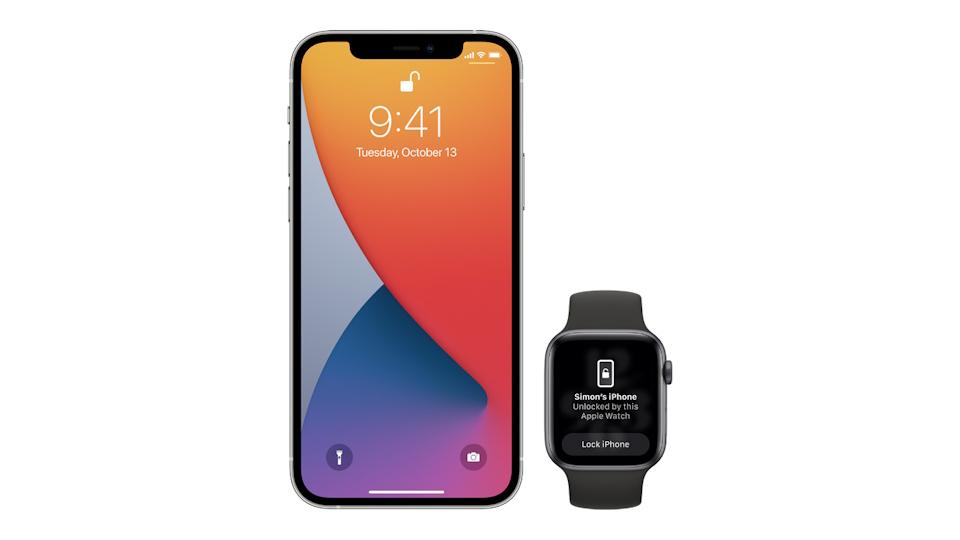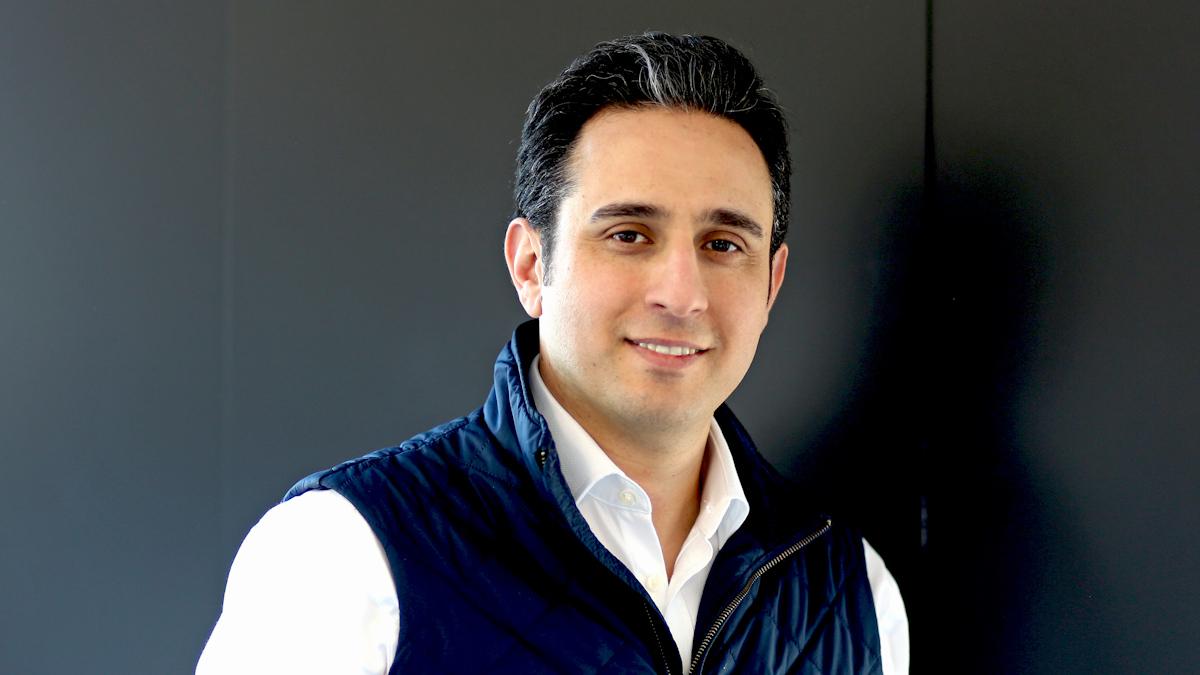Biogen, Apple study finds smart devices can track cognition

A large-scale observational study has suggested that smartphones and watches may be able to spot mild cognitive impairment (MCI) during daily usage.
The results of the Intuition Brain Health study – sponsored by Biogen and supported by Apple – show the feasibility of using passive sensors on devices such as the iPhone and Apple Watch, alongside other metrics, to chart changes in thinking and memory over time that could point to MCI.
A key objective of the trial was to look at brain changes that occur normally as people age and distinguish them from those that may be a precursor to dementia, which was achieved.
The study enrolled more than 23,000 adults aged 21 to 86 across the US who used an iPhone, with the cohort ranging from people who were cognitively healthy to those diagnosed with MCI. They were asked to use their phone and wear an Apple Watch daily and take cognitive assessments on their own whilst also completing questionnaires on a monthly and quarterly basis.
There was a high level of compliance with the trial protocol of more than 90% and self-administered digital cognitive assessments "were reliable and clinically valid across the broad populations enrolled," according to the researchers, who note that the approach could be a major advance on current assessment approaches that can yield variable results.
"Our early findings are the first step in a larger research initiative aimed to equip and empower patients and clinicians with mobile tools for prevention and early detection of prevalent neurodegenerative and neuropsychiatric disorders," they write in the journal Nature Medicine.
Rhoda Au, a co-author from Boston University Chobanian & Avedisian School of Medicine, said that the results show that "in the long term, we may be able to track digital health metrics and identify those reflecting cognitive changes that are on a trajectory of decline and warrant follow-up with a medical professional."
That, in turn, could lead to treatment or other interventions that may slow or prevent progression to dementia, she said.
The study used Cambridge Cognition's CANTAB (Cambridge Neuropsychological Test Automated Battery) platform, to measure various brain functions, including attention, memory, and executive function, for the core cognitive assessment.
The company said that the study demonstrates the feasibility of large-scale, cognitive assessments using smart devices and the potential to make brain health monitoring widely accessible for the general population.
"As healthcare systems increasingly turn to digital solutions to address urgent challenges, this represents a significant opportunity which we are well positioned to address," said the UK-headquartered company's joint managing director and chief operating officer, Rob Baker.












